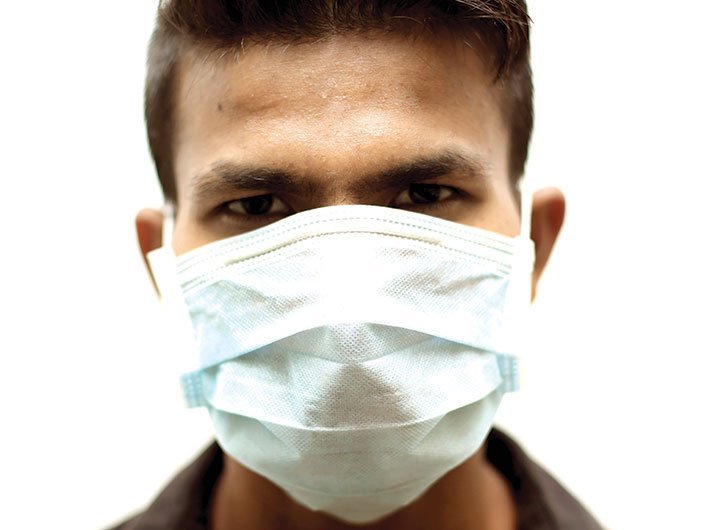Phased reopening of all activities outside Containment Zones; night curfew hours reduced
With Lockdown 4 ending Sunday, the home ministry has issued new guidelines to fight COVID-19 and for phased re-opening of areas outside the Containment Zones. The guidelines, issued based on extensive consultations held with states and UTs, will be effective from June 1 till June 30. The first phase of reopening, officially called ‘Unlock 1’, will have an economic focus.
A strict lockdown was imposed throughout the country on March 24 as the COVID-19 outbreak started. All activities, except the most essential ones, were prohibited. Subsequently, in a graded manner and keeping the overarching objective of containing the spread of COVID-19 in view, the lockdown measures have been relaxed, said a home ministry release Saturday.
Salient features of the new guidelines
Lockdown measures would continue to be implemented strictly in the containment zones. These will be demarcated by the state/ UT governments, after taking into consideration the guidelines issued by the Health Ministry. Within the containment zones, strict perimeter control shall be maintained and only essential activities allowed.
All activities that were prohibited earlier would be opened up in areas outside Containment Zones in a phased manner, with the stipulation of following Standard Operating Procedures (SOPs), to be prescribed by the Health Ministry:
Phase I (permitted to open from June 8, 2020)
•Religious places and places of worship for public;
•Hotels, restaurants and other hospitality services; and
• Shopping malls.
Health Ministry would issue SOPs for the above activities, in consultation with the Central Ministries/ Departments concerned and other stakeholders, for ensuring social distancing and to contain the spread of COVID-19.
Phase II
Schools, colleges, educational/ training/ coaching institutions etc., will be opened after consultations with States and UTs. State Governments/ UT administrations are being advised to hold consultations at the institution level with parents and other stakeholders. Based on the feedback, a decision on the re-opening of these institutions will be taken in the month of July, 2020. MoHFW will prepare SOP for these institutions.
Limited number of activities to remain prohibited throughout the country
• International air travel of passengers;
• Operation of Metro Rail;
• Cinema halls, gymnasiums, swimming pools, entertainment parks, theatres, bars and auditoriums, assembly halls and similar places; and,
• Social/ political/ sports/ entertainment/ academic/ cultural/ religious functions/ and other large congregations.
• Dates for the opening of above activities would be decided in Phase III, based on assessment of the situation.
Unrestricted Movement of Persons and Goods
• No restriction on inter-State and intra-State movement of persons and goods. No separate permission/ approval/ e-permit would be required for such movements.
• However, if a State/ UT, based on reasons of public health and its assessment of the situation, proposes to regulate movement of persons, it would give wide publicity in advance regarding the restrictions to be placed on such movement, and the related procedures to be followed.
Night curfew would continue to remain in force, on the movement of individuals, for all non-essential activities. However, the revised timings of the curfew will be from 9 pm to 5 am. National Directives for COVID-19 management would continue to be followed throughout the country, with a view to ensure social distancing.
States to decide on activities outside Containment Zones
States and UTs, based on their assessment of the situation, may prohibit certain activities outside the Containment zones or impose such restrictions, as deemed necessary.
Protection for vulnerable persons
Vulnerable persons, i.e., persons above 65 years of age, persons with co-morbidities, pregnant women, and children below the age of 10 years, are advised to stay at home, except for meeting essential requirements and for health purposes.
Use of Aarogya Setu
The Aarogya Setu mobile application is a powerful tool built by Government of India to facilitate quick identification of persons infected by COVID-19, or at risk of being infected, thus acting as a shield for individuals and the community. With a view to ensure safety, various authorities are advised to encourage the use of the application.
